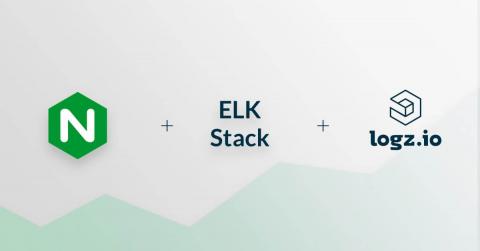IT Operations in 2020: Five Things to Prepare for - From AIOps to Multi-cloud and More
The following first appeared in Cloud Tech News. The threat of digital disruption has forced senior executives and technology leaders to rethink business models, data assets, and distribution channels, in order to create innovative products and services that will delight customers and overcome nimbler competitors. Over the last decade, enterprises have completely transformed the way they build, deploy, manage, and maintain mission-critical services as a response to increasing digitization.











